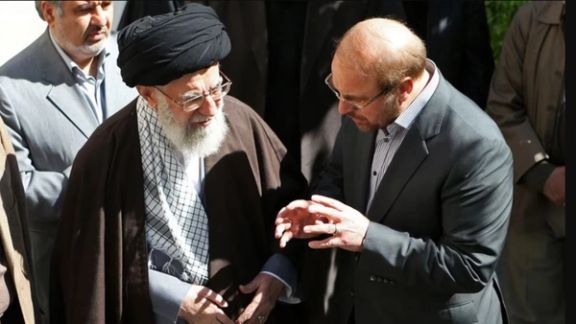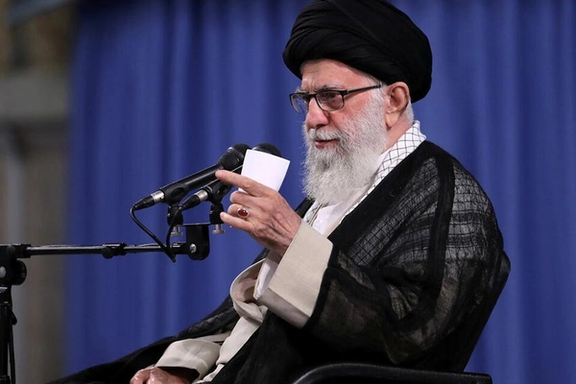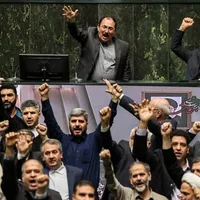Female participants of an annual medical conference were barred from entering the annual surgeon’s conference in Tehran on Monday, with several forced to buy “acceptable” clothing, have “appropriate” clothing delivered by family members, or return home to change.
The 45th conference of the Iranian Association of Surgeons, a non-governmental organization, is currently ongoing at the Medical Sciences University of Iran.
The 'reformist' Etemad news outlet reported that an official of the university’s security and a female agent were stationed in a small room at the gate of the conference hall to inspect the outfits of all female participants.
They were observed preventing women from entering if their coats (Manteau in Persian) were deemed short or tight-fitting, and if their trousers did not cover their ankles.
Only after changing into what was considered acceptable by the inspectors, could female participants enter the conference hall, according to Etemad’s reporter who was present at the conference.
According to the same reporter, one of the surgeons had to wear a male colleague's oversized jacket, while another, who had traveled from the southern city of Ahwaz to Tehran, had to hire a cab to go to a nearby shopping center to buy an acceptable Manteau.
A third doctor had to call her family to bring her another Manteau, the report said. Additionally, one female participant mentioned being instructed to slide her trousers down from her waist to cover her ankles.
Participants told Etemad that in some cases the chairmen of the gathering’s specialized groups had to leave the meetings to plead with the hijab inspectors to allow members to enter.
Participants in the conference told Etemad that hijab surveillance this year was unprecedented in the past two decades.
There has also been an uproar in the media and social media in the past few days over the statement of Heidar Mohammadi, head of the Health Ministry’s Food and Drug Administration (IFDA), who recently said that the “hijab [observance] status” at pharmacies would be a deciding factor in allocation of government-rationed medicine and medical supplies to them.
Dress code directives have been communicated to all pharmacies but “some anomalies” are being reported to the authorities, Mohammadi was reported as saying Monday.
“The matter of compliance with norms [set by the government] is one of the things that are considered in cases such as allocation of pharmacy quotas. If a pharmacy does not comply with the norms, a warning will be given at first, and if the warning is not heeded, preventive measures will be implemented against the offending pharmacy. If the preventive measures are not fruitful either, the violators will be referred to the legal authorities,” he added.
This could refer both to hijab observance by pharmacy staff and customers because authorities insist that all businesses are responsible for their customers’ hijab abidance and have on many occasions shut them down for serving unveiled women.
The Public Relations of the FDA consequently claimed in a statement that Mohammadi’s remarks were wrongly interpreted. The statement accused “hostile media and people” of taking advantage of the “mistake” to “assail religious beliefs”. Despite official state media claims, the statement did not in any terms deny the connection between hijab observance and allocation of rationed medicines to pharmacies.
In December 2023, another controversy regarding hijab and healthcare erupted in Iran after hardliners demanded specifically designed gowns conforming to Sharia rules to be made compulsory in hospitals and operating theaters.
Mohammad-Hossein Taheri-Akerdi, the secretary of a state body responsible for promotion of Islamic standards, whose main concern has always been promotion of hijab, said at the time that twelve versions of Islamic surgical gowns had been designed for female patients claiming that the standard hospital clothing violated women’s “dignity”.
Around the same time dental surgeon and university lecturer, Dr. Fatemeh Rejaei-Rad, was expelled from Amol University of Medical Sciences and lost her medical license for not wearing the hijab at an official event.
The punitive measures against Rajaei-Rad followed after she climbed the stage to accept a Best Doctor Award at a ceremony in the city of Amol without wearing a headscarf.
Three managers from the health department were also sacked for perceived failure to react to Rajaei-Rad's presence without a hijab during the ceremony.














